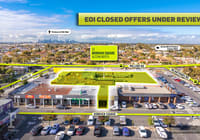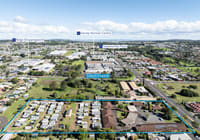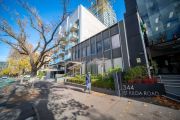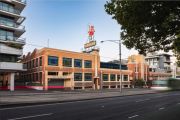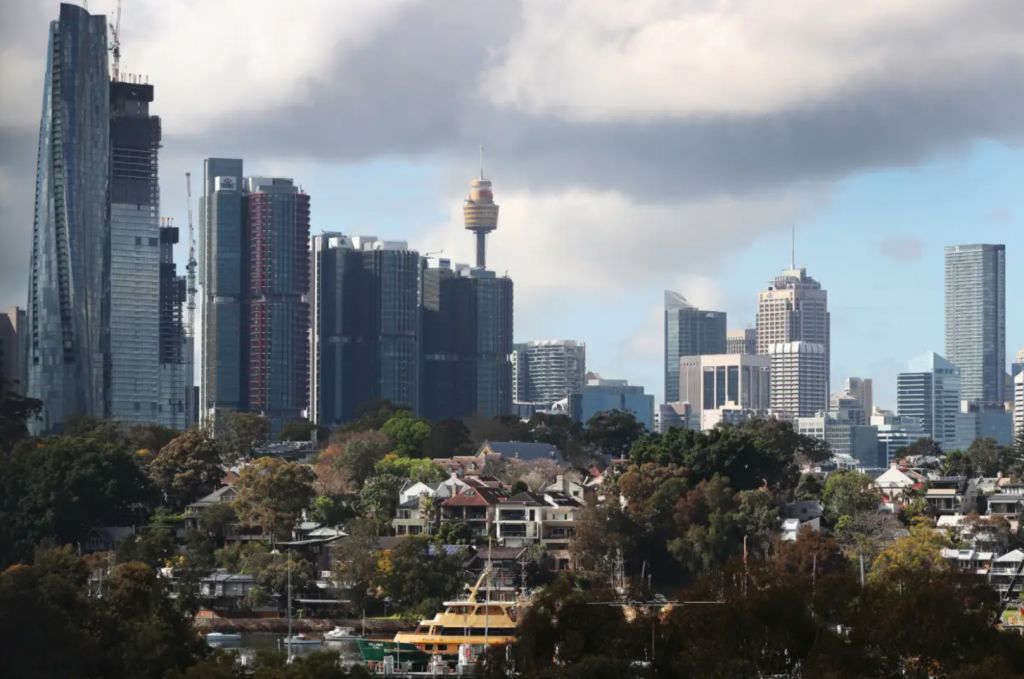
Deals slow as values wobble: JLL, Macquarie
Capitalisation rates in commercial property, key industry metrics which are akin to investment yields, are inching upwards across all its sectors – office, retail and industrial – for the first time in more than a decade, as the local real estate market absorbs the impact of global volatility and rising interest rates.
The softening of cap rates, as they are colloquially known – which, conversely, puts pressure on valuations – helps explain the slowdown in transactions as big investors hang back to await clarity on pricing.
To the end of the third quarter, the volume of deals across the office, retail and industrial sectors nationally reached $21.9 billion compared to $29.58 billion over the same period last year, according to commercial agency JLL.
Commercial property deals are heading for a full-year tally well short of last year’s record volume of $48.8 billion, a total boosted by bold counter-cyclical moves and portfolio deals, especially in the logistics sector.
The long rise in industrial valuations may also be coming to end, according to Macquarie analysts working off JLL’s third quarter metrics.
Average net effective rents for logistics properties in Sydney gained 30 per cent year-on-year and 24 to 25 per cent in other markets, as elevated levels of supply were more than offset by demand, pushing the national vacancy rate below 1 per cent.
Nevertheless, that tremendous cash surge may not be enough to completely offset the cap rate expansion, according to Macquarie analysts led by Stuart McLean.
Rising bond yields are beginning to impact on valuations, with cap rates expanding 60 basis points quarter-on-quarter in Melbourne and by 40 basis points in Sydney.
“All else [being] equal, this would imply a 15 per cent decline in Melbourne values and 10 per cent in Sydney, although this is being offset by rising cash flows,” the analysts wrote in a client note.
Soft demand in office sector
Capital value indicators declined 4.1 per cent in the last quarter in Melbourne and by 6.4 per cent in Sydney, with rising rents at least partially offsetting yield expansion, according to Macquarie.
Cap rates are also expanding in the retail sector, where rents ticked up only slightly in the last quarter, and in the office sector, where demand softened in Sydney over the third quarter.
“Looking forward, we are cautious on the outlook for office leasing markets,” the Macquarie team wrote.
“On the demand side, we see potential for further softening as leading indicators (employment growth, business conditions etc) continue to moderate.”
Fergal Harris, JLL’s head of capital markets, said there was a broad pause in deal-making across commercial property due to market uncertainty as investors remained on the sidelines. Foreign investors were the most likely group to spur a rebound after the market reset, he said.
Over the first three quarters, offshore capital flows into Australia hit $6.1 billion, compared to the full-year 2021 result of $15.7 billion, on JLL’s preliminary tally.
“We expect to see a major focus from offshore buyers on build-to-rent and industrial assets. Industrial remains a strong sector with the rental growth story a big positive. Capital is still favouring industrial as a sector while also acknowledging the risk side.
“We see that many investors are still underweight in industrial and will continue to reweight their portfolios to address this.
“The big thing everyone is waiting for is price discovery. And we won’t see that until we have some large transactions in the market to assess.”




